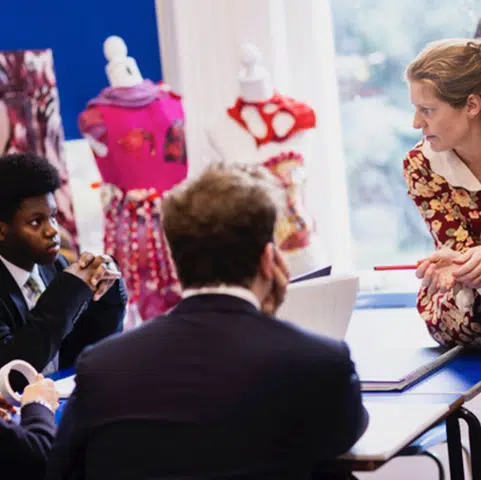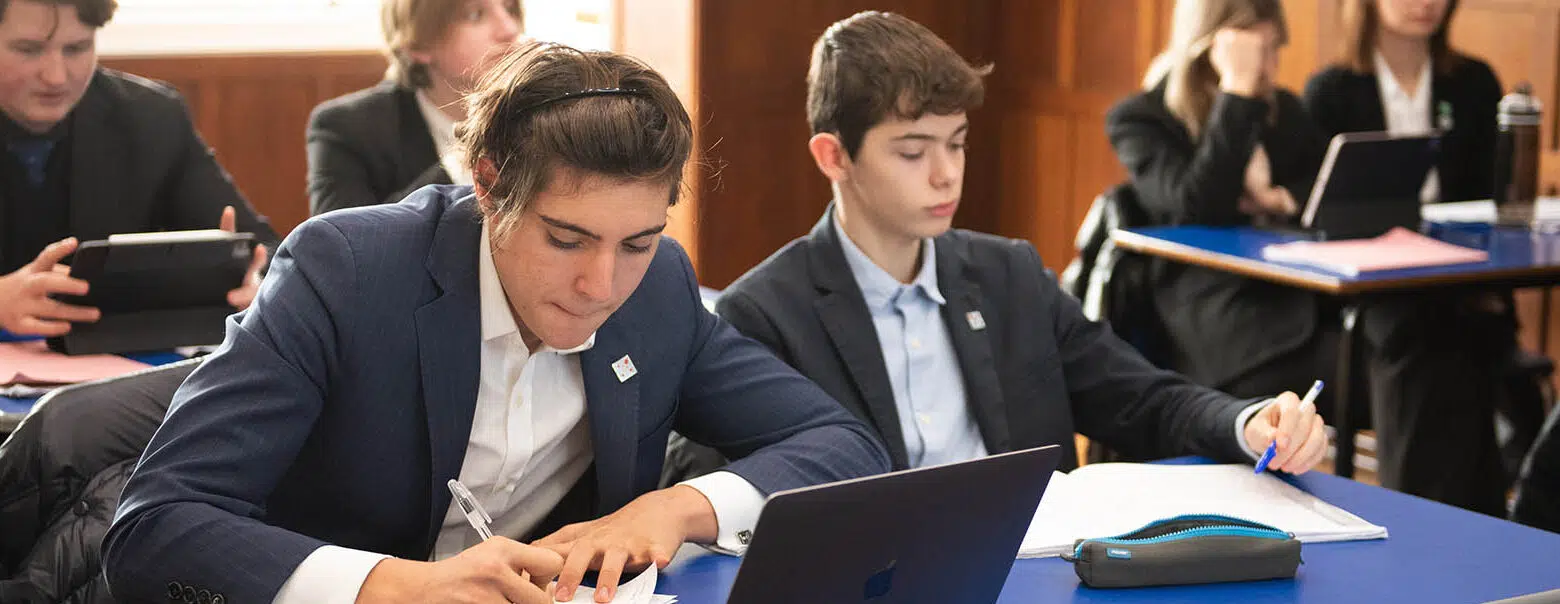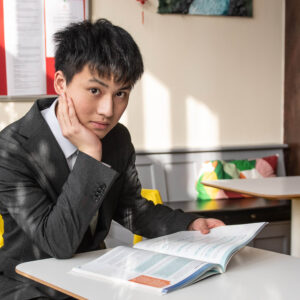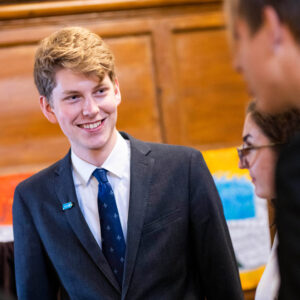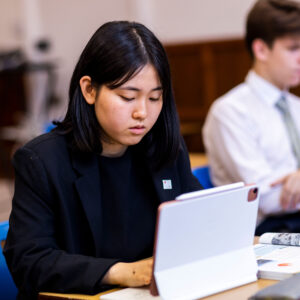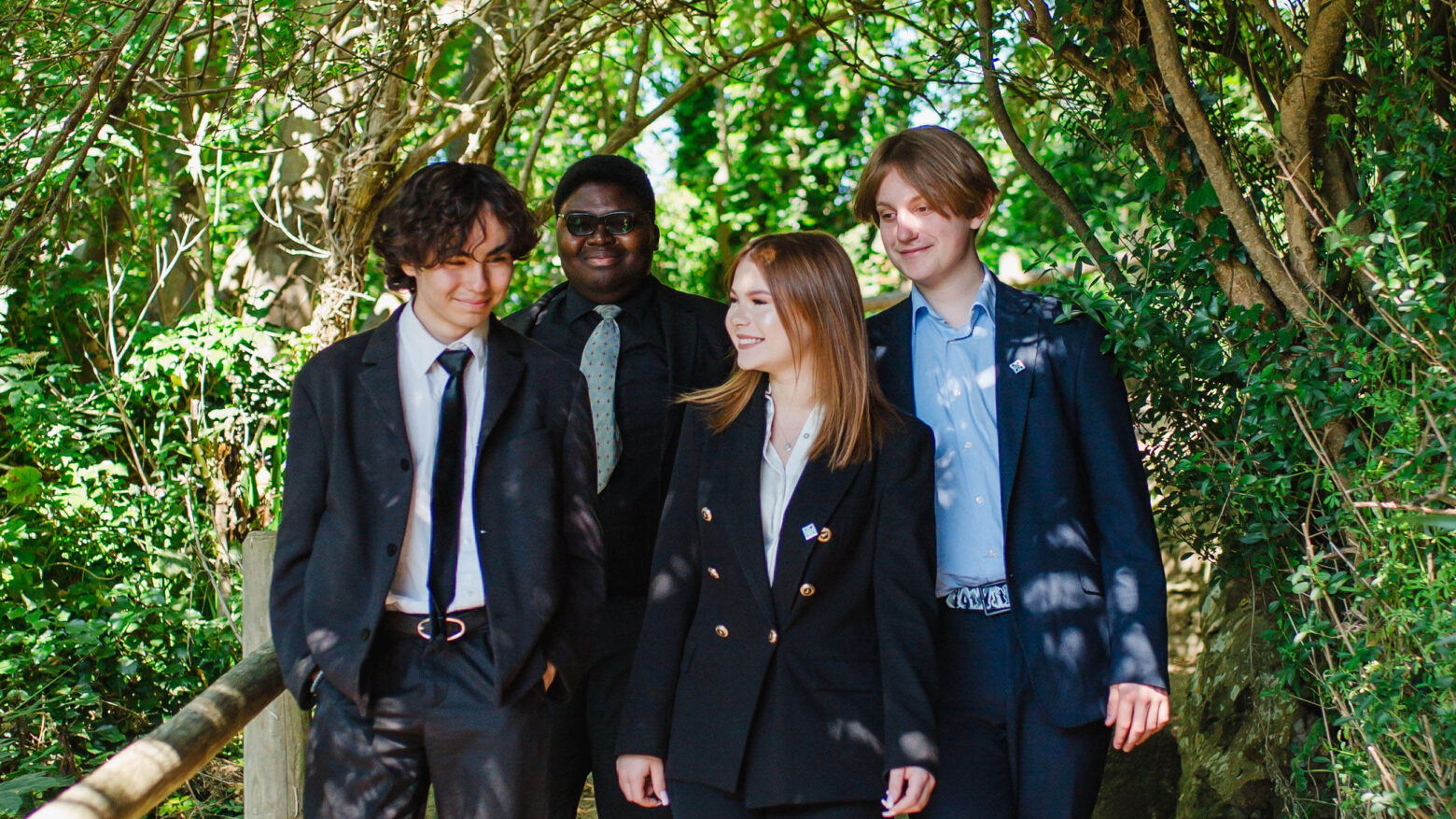One-year GCSE programme
(the One-year GCSE is sometimes called an International Transition Year – “ITY”)
The majority of GCSE (ITY) students finish the year by taking five GCSE exams. These include English, Maths, a dual Science award, one Humanities subject and their own language. These exams are internationally recognised qualifications.
This is a great qualification for international students aged 15 years+. After completing GCSEs students progress on to A-levels, the Business Diploma, or the International Baccalaureate (IB),.
Why choose to study GCSEs at Earlscliffe?
Our small class sizes and supportive teaching environment enables students to achieve 5 GCSEs in just one year. This qualification is highly recognised all over the world. GCSEs put Earlscliffe students in a very good position to progress into further education and subsequently onto university and beyond.
Some international students choose to study GCSEs before moving onwards, simply to give themselves a year to adapt to the educational system. This enables them to improve language skills, and adjust to life in the UK.
Other students from overseas prefer to take the Earlscliffe GCSE (ITY) as an experience year away from their own educational system. The British way of learning is an enjoyable change from their native curriculum, and they get fully involved in British boarding school life. At the end of this one-year programme, they have grown both academically and emotionally.
